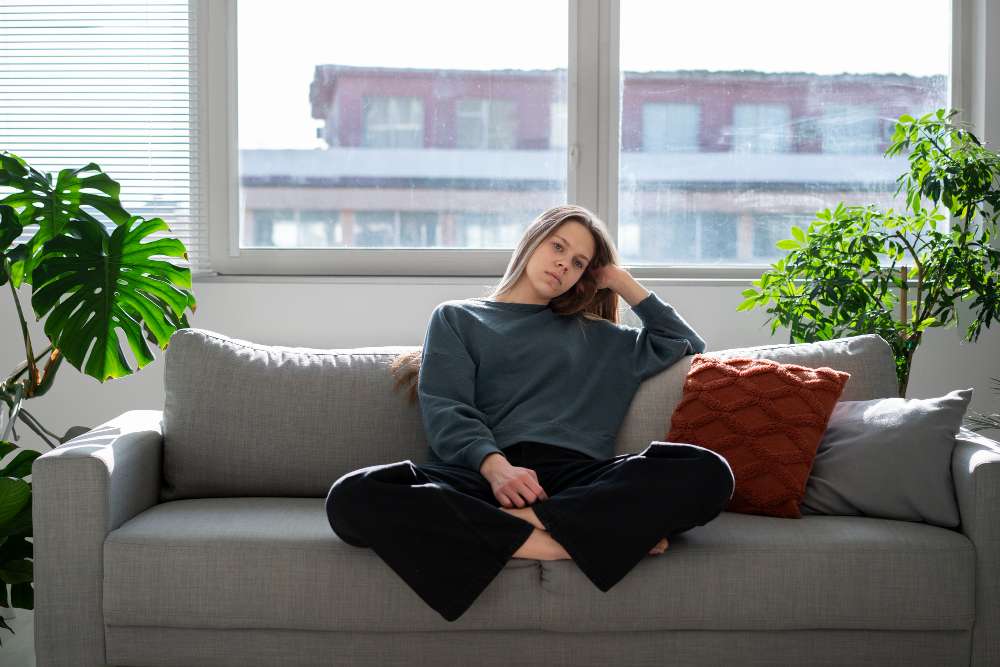When we think about air pollution, we often imagine busy roads and smoky factories. But did you know that the air inside your home could be even more polluted? Reduced indoor air quality can affect your health more than you think, from dust and pet dander to chemicals in household products. The good news is that improving it is easier than you'd expect! Here are a few simple changes that can help you breathe easier at home.
1. Open your windows for fresh air
Bringing in fresh air is one of the simplest and fastest ways to enhance indoor air quality. Opening your windows for even 10 minutes a day can help get rid of indoor pollutants like cooking fumes and cleaning product smells. It also helps circulate fresh air, making your home feel less stuffy.
2. Use an air purifier
If you or your family members have allergies or asthma, an air purifier can significantly help. These machines filter out dust, pollen and even bacteria from the air. Look for one with a HEPA filter, which traps the tiniest particles that can irritate your lungs. Place the air purifier in your living room or bedroom, and you'll quickly notice the air feels cleaner.
3. Choose non-toxic cleaning products
Remember that many common cleaning products contain chemicals that can lower your indoor air quality. These chemicals release fumes which can be harmful when inhaled regularly. Making a simple switch to eco-friendly, non-toxic cleaners can reduce these dangerous chemicals in your home. You can even create your own natural cleaners using various ingredients like vinegar, baking soda and lemon!
4. Change your HVAC filters
Your heating and air conditioning system works hard to keep your home comfortable, but if the filters are not changed regularly, they can also spread dust and dirt. Dirty filters trap dust, pollen and other particles, recirculating them throughout your home. Be sure to replace your HVAC filters every three months to keep the air clean and your system running efficiently.
5. Add some houseplants
Plants enhance the appearance of your home and contribute to better air quality. Specific plants like spider plants and snake plants, are effective at absorbing harmful chemicals in the air. Just be sure to care for them properly, as overwatering can lead to mold and worsening air quality.
6. Control humidity
A Lot of moisture in the air can cause mold to develop, which can be harmful to your lungs. On the other hand, air that's too dry can cause respiratory issues like dry throat and irritated nasal passages. Aim to keep your home's humidity between 30% and 50%. A dehumidifier can help in damp areas, while a humidifier can add moisture during dry months.
7. Vacuum often
Dust, pet hair, and dirt can easily collect on floors and carpets, reducing air quality. Regular vacuuming, especially with a HEPA filter, helps keep dust and allergens from becoming airborne. Don't forget to vacuum your furniture and curtains, too!
Improving your indoor air quality doesn't require major changes. Simply opening windows, using air purifiers, switching to non-toxic cleaning products and regularly cleaning your home can make the air inside much healthier. Small steps can make a big difference in your family's health!

